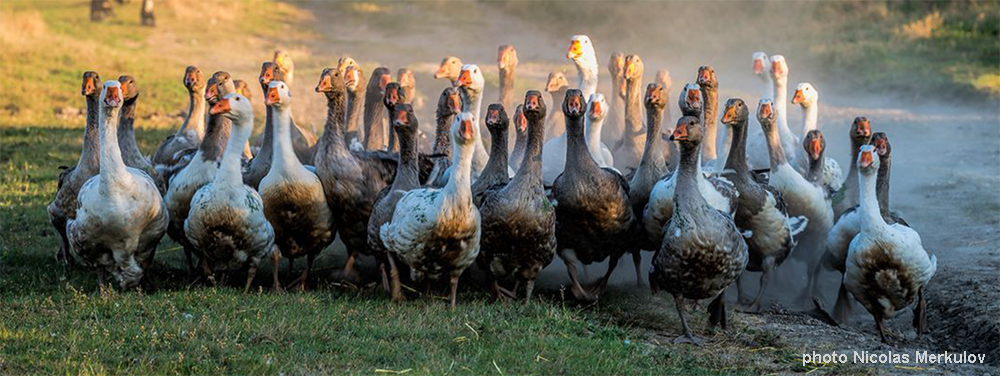Speaker
Description
A fascinating wealth of life cycles is observed in biology, from unicellularity to the concerted fragmentation of multicellular units.
However, the understanding of factors driving their evolution is still limited.
Here, we develop a model in which groups arise from the division of single cells that do not separate but stay together until the moment of group fragmentation.
We allow for all possible fragmentation patterns and search for evolutionary stable strategy.
We show that if the population size is constrained by the density-dependent death rate of groups, the population dynamics is equivalent to the model with unconstrained population growth.
Further analysis reveals that fragmentation modes that maximise growth rate comprise a restrictive set of binary fragmentation patterns that include production of unicellular propagules and division into two similar size groups.
All in all, our model provides a framework for exploring the adaptive significance of fragmentation modes and their associated life cycles.

